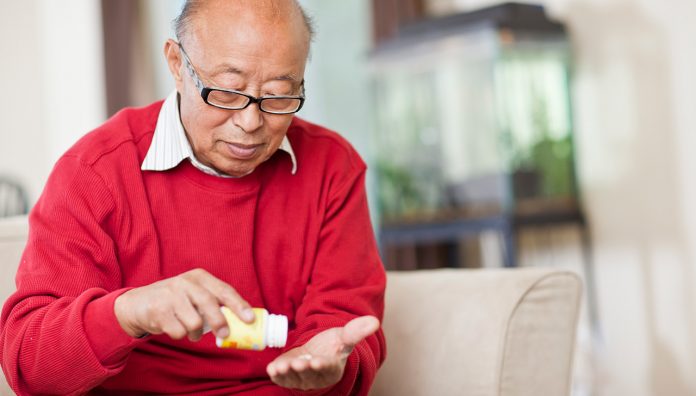
Coronavirus (COVID-19) information for pharmacists For PSA’s latest information, updates and advice on the novel coronavirus outbreak, click here.
Pharmacies will receive a $5 service fee for every eligible home delivery made through the new Home Medicines Service scheme, designed to protect the most vulnerable Australians from exposure to COVID-19.
The program has been allocated $25 million over the next 6 months as part of the federal government’s $2.4 billion COVID-19 health plan, announced last week.
It will allow people in home isolation and those in vulnerable groups (such as the elderly, people with chronic conditions, pregnant people and Indigenous communities) to have their PBS or RPBS prescriptions filled remotely with the medicines delivered to their homes.
Community pharmacies will be able to register via the Pharmacy Programs Administrator (PPA) Portal from 1 April, although services can be provided from now (16 March).
To be eligible under the program, a pharmacy must:
- Be approved to dispense pharmaceutical benefits
- Have guidelines in place to ensure that any person delivering medications through this program abides by current sanitary and isolation protocols relevant to the containment and management of COVID-19 within the community
- Be able to support home delivery services
- Register via the PPA Portal and continue to meet the above eligibility criteria while participating in the program.
Pharmacies can receive prescriptions through online ordering, mail, fax/email, or electronic prescribing technology.
To qualify for the fee, each single delivery to an eligible person’s home must include at least one PBS or RPBS medicine. Patients can also order non-eligible items, such as over-the-counter pain relief, tissues and supplements, to be delivered in the same order. But delivery to individual patients cannot be made more than once a month.
Home Medicines Services must be conducted in accordance with relevant professional practice standards and guidelines, including:
- PSA’s Professional Practice Standards, Standard 3: Dispensing and Other Supply Arrangements
- PSA’s Dispensing Practice Guidelines, section on Indirect dispensing.
The pharmacy must obtain written or verbal consent from the patient or patient’s carer before providing the service.
Fast-tracking electronic prescribing
The government has also committed $5 million of the $2.4 billion plan to speed up the implementation of e-prescribing across the country, to assist the Home Medicines Service.
While details are still to be confirmed, a Department of Health fact sheet said e-prescribing and dispensing implementation would be fast-tracked for up to 80% of general practices and community pharmacies over the next eight weeks.
‘While the Commonwealth regulatory requirements for ePrescribing are in place already, this investment will assist software providers to implement this capability to support general practice and community pharmacy,’ the fact sheet stated.
Stimulus package
Along with the health plan, the Federal Government also unveiled a $17.6 billion stimulus package last week.
This includes grants of up to $25,000 with a minimum payment of $2000 for small and medium businesses that employ staff with an annual turnover of up to $50 million and will be provided through the tax system, tax free.
The government has also increased the instant asset write-off threshold from $30,000 to $150,000 and expanded access to include businesses with aggregated annual turnover of less than $500 million (up from $50 million) until 30 June 2020.
Businesses with a turnover of less than $500 million will be able to deduct an additional 50% of the asset cost in the year of purchase (to 30 June 2021).
For more information on the Home Medicines Service, visit: www.ppaonline.com.au/programs/covid-19-home-medicine-service



 Professor Margie Danchin[/caption]
Professor Margie Danchin[/caption]

 Dr Peter Tenni[/caption]
Dr Peter Tenni[/caption]
 How should we deprescribe gabapentinoids, according to the Maudsley Deprescribing Guidelines[/caption]
How should we deprescribe gabapentinoids, according to the Maudsley Deprescribing Guidelines[/caption]



 Pharmacists have always prescribed, but they have the potential to prescribe much more
Pharmacists have always prescribed, but they have the potential to prescribe much more



